 On March 3, 2024, I published an article titled Are You Afraid to Read Hard Books? While preparing today’s article I reread it and thought, “How did you write this.” Go ahead and laugh. It happens all the time. But when you feel passionate about something, thoughts and words come. It is an amazing thing.
On March 3, 2024, I published an article titled Are You Afraid to Read Hard Books? While preparing today’s article I reread it and thought, “How did you write this.” Go ahead and laugh. It happens all the time. But when you feel passionate about something, thoughts and words come. It is an amazing thing.
This is one reason I encourage people to journal. I have reread things in my journal that blew my mind. Not only because they may have been well written, but the things that have happened in my life have been astonishing, when looked at later. But I digress. LOL
After that article was published, I got a wonderful email from one of my readers, who is also a dear friend. We have counseled together in the past and I appreciate her so much.
I get emails regularly telling me how good an article was or how helpful it was to the reader. This email contained some of that. What struck me though was another thing that happens now and then. Someone takes what I have written, and they build upon it! This is massively motivating for me.
I asked Joy if I could share her thoughts with you because what she has done with family reading is magnificent. I think that some of you will want to follow suit, in some fashion.
I have written several articles on the value of family reading. I read to my children, but I lacked consistency back then. Nevertheless, one of my adult daughters said one of her fondest memories was of me reading to our family.
What I love about Joy’s take on family reading, it encourages everyone to read, not just listen.
Here is her email:
Mary Ann, thanks for emphasizing the importance and power of communicating with others about what you’re reading. We discuss this all the time in Leadership Education circles–the importance of discussion and good mentoring for great literature, like the kind you were talking about. This is demonstrated in your examples of how discussing those books with other people changed your experience.
Another great way to gain more from what we read is to process it through writing. (You demonstrate this principle very well too!) As you mentioned, we can write notes and underline in our books, but we can also journal and write essays or blog posts that we can share with others. It’s another way of processing and internalizing the principles and lessons we learn in the books we read. This tool applies to reading scriptures as well. When we process and record our thoughts, questions, and insights through writing, we learn more and internalize and remember it better!
Audrey Rindlisbacher has a great podcast about the power of book clubs, or discussion groups, like the one Benjamin Franklin organized. I shared it with my grown children, and it inspired many of them to join me in starting an online family book club where we discuss a book about once a month. Our first book was the Screwtape Letters, and our discussion was great and I’m excited to see how well we can keep it up. I can’t think of many things better than discussing great books with my family! Joy Petty
It never occurred to me to have a family book club. I mean, that is an outstanding idea. At first, I thought, “Oh man, our family would never do that.” Then I chastised myself for jumping to that conclusion and reached out to my children to see if there was any interest. I probably won’t have many responses before this article is published, but we will see.
Maybe you, like me, dismiss the whole idea. But don’t. If you have teens or grown children, ask them if they would like to read a book individually or as a family and discuss it. At the very least begin reading together, even if you do the reading.
Depending on the ages of your children, you can read to them or each person in your family can take a turn reading. At the end of each session ask for input. I didn’t do that, and I know now that it would have made the reading I did with my children even more powerful.
If you have older teens and adult children why not explore the option of a family book club? Who knows, it may be a big hit. Even if it only lasts through one or two books, and that could happen, the whole experience will bond you even more as a family.
And by the way, when you read and study yourself, you will be a powerful example for your family. It will have an impact. If not now, then in the future.
Now for the postscript:
After I asked Joy if I could share this email and she consented, we talked some more. I replied to Joy and shared my concerns about a book club and why I read to my husband and Mom rather than us all reading.
“This was so awesome. Can I share it in a newsletter? Great thoughts and I love that you have begun a family book club. I wish that were possible in my family. Lots of kids who do not read, mostly boys and my husband. I read to him, but it can’t be too deep, or he sleeps. LOL Anyway, I would love to share your thoughts.”
Joy replied with this, and it was so heartening. I suspect that is one reason I contacted my family to see what they think. : )
“I have several kids who don’t (or won’t) read either :-). We’re encouraging them to listen to the audiobook so they can participate. The book club is totally voluntary, and fewer than half of my 10 kids participated in our first discussion, but that’s okay. It’s a start, right? :-)”
Joy is correct, it is a start. Even if it doesn’t last for months or years, it will bless her family. If we make the effort to read in our family, in some fashion, it will bless our families too. I have seen this happen in my choppy, inconsistent past in my family.



 Years ago, I spent a great deal of time with my grands that live in Utah. We lived one block away. This was before we consolidated our two families into a three-generation home. My daughter, Jodie, was homeschooling. At that time, I was teaching and mentoring mothers who homeschooled. Then I made a transition. I realized that many of the excellent things I was teaching applied to a whole spectrum of parenting, not just those who homeschooled.
Years ago, I spent a great deal of time with my grands that live in Utah. We lived one block away. This was before we consolidated our two families into a three-generation home. My daughter, Jodie, was homeschooling. At that time, I was teaching and mentoring mothers who homeschooled. Then I made a transition. I realized that many of the excellent things I was teaching applied to a whole spectrum of parenting, not just those who homeschooled.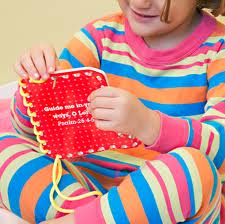
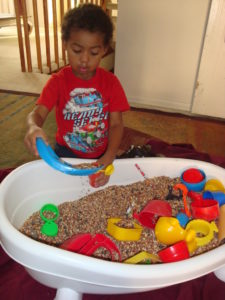
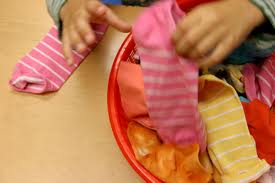

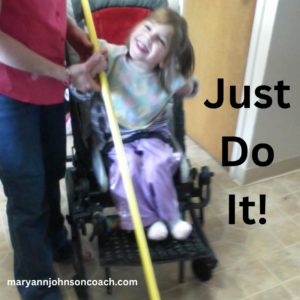 Back in 2013, when Jodie and her family moved into our three-bedroom apartment while looking for a new home, I was reminded of many things I had forgotten since my children had grown up and moved away. It takes flexibility to manage a family. Things don’t always go the way you plan, and moving forward when things aren’t just what you want, well, that is the road to feeling good as a family. Here is a peek back to that ‘learning’ time. By the way, Jodie was homeschooling Maggie and Jack and bringing Mary on board. It was a big load!
Back in 2013, when Jodie and her family moved into our three-bedroom apartment while looking for a new home, I was reminded of many things I had forgotten since my children had grown up and moved away. It takes flexibility to manage a family. Things don’t always go the way you plan, and moving forward when things aren’t just what you want, well, that is the road to feeling good as a family. Here is a peek back to that ‘learning’ time. By the way, Jodie was homeschooling Maggie and Jack and bringing Mary on board. It was a big load!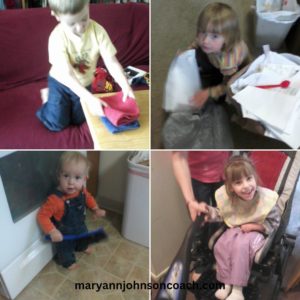 Family chores are one way that Jodie helps the children gain confidence and pride in their abilities. Jack was supposed to fold clothes. I saw Jodie pull folded dishcloths out of the drawer, unfold them, and give them to Jack to fold. (He didn’t see her unfold them.) This happened because there wasn’t any clean laundry to fold. It wasn’t that there wasn’t any laundry; it was just all still dirty. Often laundry takes a back seat to what really matters. : )
Family chores are one way that Jodie helps the children gain confidence and pride in their abilities. Jack was supposed to fold clothes. I saw Jodie pull folded dishcloths out of the drawer, unfold them, and give them to Jack to fold. (He didn’t see her unfold them.) This happened because there wasn’t any clean laundry to fold. It wasn’t that there wasn’t any laundry; it was just all still dirty. Often laundry takes a back seat to what really matters. : )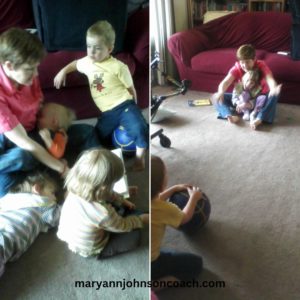 and Andy”. Then they played ball. Maggie needs help with this activity. Jack is a great big brother and did his part. Then we made hedgehogs.
and Andy”. Then they played ball. Maggie needs help with this activity. Jack is a great big brother and did his part. Then we made hedgehogs. I was so busy helping that I didn’t get a photo of the table before the project began. I would have loved for you to see it. It was a disaster. Most of what we used for dinner was still there from the night before. I am sorry to have to confess that, but there it is. Some nights we move on to something else right after the meal and often, well, we are tired. : ) Jodie did what any great mom would do. She pushed it out of the way and carried on.
I was so busy helping that I didn’t get a photo of the table before the project began. I would have loved for you to see it. It was a disaster. Most of what we used for dinner was still there from the night before. I am sorry to have to confess that, but there it is. Some nights we move on to something else right after the meal and often, well, we are tired. : ) Jodie did what any great mom would do. She pushed it out of the way and carried on.
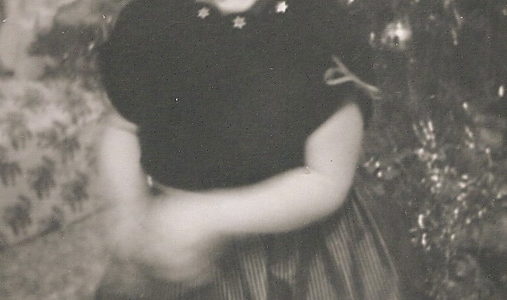
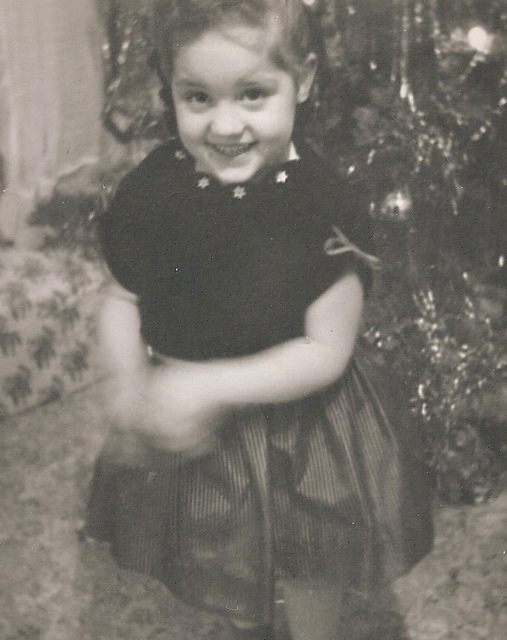

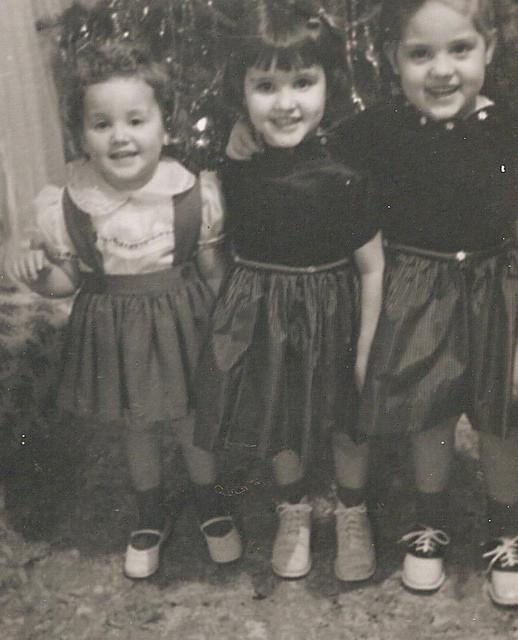
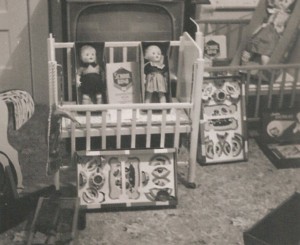
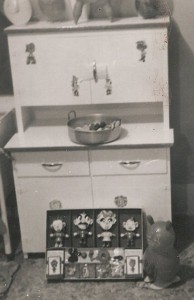
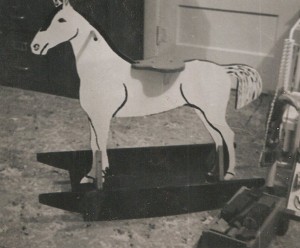

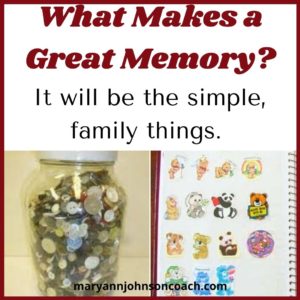

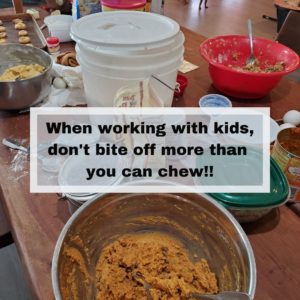 Keep It Simple
Keep It Simple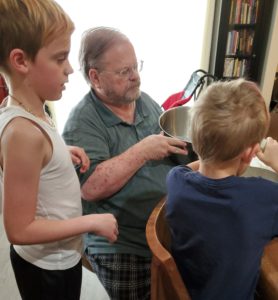 reasoned that he could help the two boys, one 12 and one 6. The 12-year-old wouldn’t need much help. I would help the girls, one 10 and one 14, with special needs. The 10-year-old is creative and fairly independent. That should work out alright.
reasoned that he could help the two boys, one 12 and one 6. The 12-year-old wouldn’t need much help. I would help the girls, one 10 and one 14, with special needs. The 10-year-old is creative and fairly independent. That should work out alright.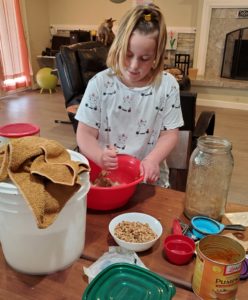 NOT! Don couldn’t manage two at a time and was totally involved with the six-year-old. That left me with three. As for the twelve-year-old, I discovered that when it comes to cooking, he needed a lot of help. And as far as the 10-year-old goes, she couldn’t read my cursive. Of course, her recipe card was in my cursive. Sigh. It was like trying to wrangle chickens. You’ve never done that. Well, trust me, it’s tiring!! And here is another thing. I am perfectly aware that expectations can do a good project in. I teach that. I am an expert.
NOT! Don couldn’t manage two at a time and was totally involved with the six-year-old. That left me with three. As for the twelve-year-old, I discovered that when it comes to cooking, he needed a lot of help. And as far as the 10-year-old goes, she couldn’t read my cursive. Of course, her recipe card was in my cursive. Sigh. It was like trying to wrangle chickens. You’ve never done that. Well, trust me, it’s tiring!! And here is another thing. I am perfectly aware that expectations can do a good project in. I teach that. I am an expert.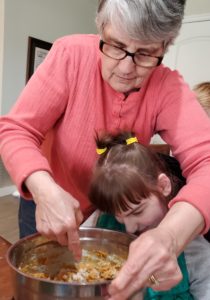 cream the sugar and shortening, no problem. Then they will cook their cookies, we will eat some and each will clean up their spot on the table. WHAT WAS I THINKING!!!
cream the sugar and shortening, no problem. Then they will cook their cookies, we will eat some and each will clean up their spot on the table. WHAT WAS I THINKING!!!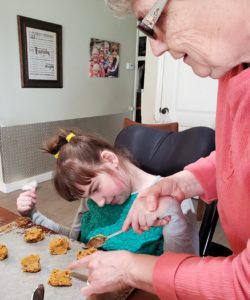 I have to say, that
I have to say, that 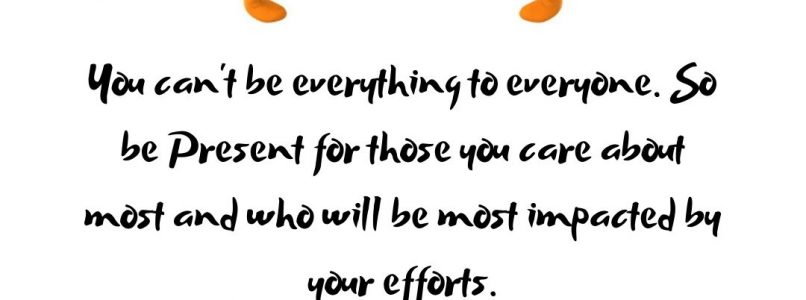
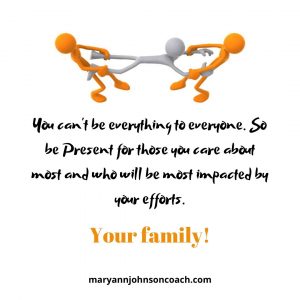 I saw an insurance commercial in which the adults (portrayed by kids) were being treated like children by the insurance company. They felt helpless, undervalued, and frustrated. When I saw this commercial, I, like most of you, could relate to those feelings. At the end of the commercial, a rival insurance company helped a woman (portrayed by a child) with her needs. She stood there smiling, feeling good.
I saw an insurance commercial in which the adults (portrayed by kids) were being treated like children by the insurance company. They felt helpless, undervalued, and frustrated. When I saw this commercial, I, like most of you, could relate to those feelings. At the end of the commercial, a rival insurance company helped a woman (portrayed by a child) with her needs. She stood there smiling, feeling good. of my relaxing and fun things to-do list. I was feeling some pressure. My 3-year-old daughter, Marie, kept coming into the sewing room and interrupting me. This and the sewing were wearing on my nerves. I was ready to spank her. After all, she was bugging me, and she could see perfectly well that I was busy! I decided if she interrupted me again, I was going to swat her.
of my relaxing and fun things to-do list. I was feeling some pressure. My 3-year-old daughter, Marie, kept coming into the sewing room and interrupting me. This and the sewing were wearing on my nerves. I was ready to spank her. After all, she was bugging me, and she could see perfectly well that I was busy! I decided if she interrupted me again, I was going to swat her.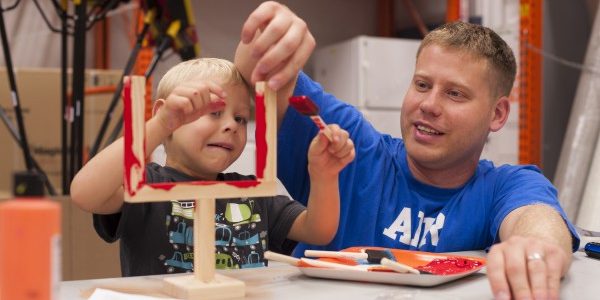
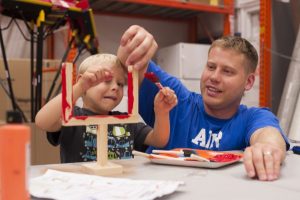 Kids
Kids 

